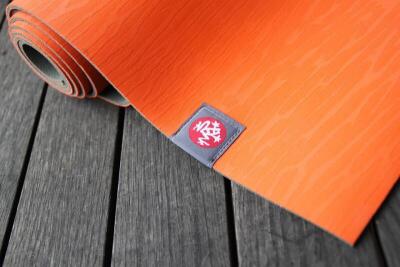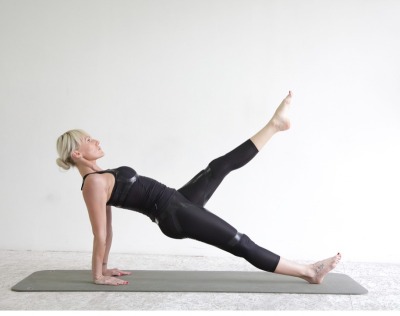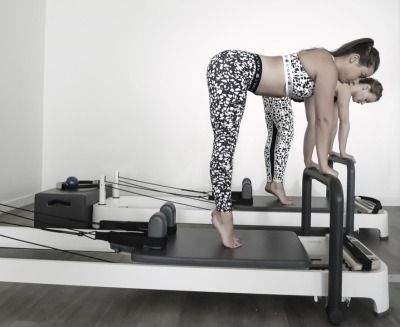Benefits of Breathwork

Breathwork is an ancient practice that has been practiced for hundreds of years. This form of meditative breathwork is designed to help us achieve a deeper sense of wellbeing and physical, emotional, and spiritual harmony. Today more than ever, we are seeking ways to feel calm and centred in our busy lives that are full of stressors from all sides. Through engaging in breathwork practices, you can find relief from anxiety, improved mental clarity, a balanced bodily response in stressful times, enhanced relaxation skills such as sleep quality or pain management; among many other benefits including bringing awareness to the body’s underlying needs.
Health benefits
Breathwork isn't just about taking a deep breath and letting it out slowly. It's a simple yet powerful practice that can transform your life, both physically and mentally. Through conscious control of your breathing, you can improve your oxygen intake, reduce stress and anxiety levels, and boost your immune system. Beyond these benefits, breathwork can also help you connect with your inner self and bring about a sense of calm and clarity. Whether you're stressed out from work, dealing with physical pain, or simply looking to enhance your overall health, breathwork can be a valuable tool to add to your wellness toolkit. So, take a deep breath, and let's explore the many health benefits of breathwork together.
Reduce stress and anxiety
Breathwork, as a mindfulness practice, is a technique that can reduce stress and anxiety. Deep abdominal breathing is one of the fundamentals of breathwork, and this approach challenges individuals to inhale and exhale deeply and rhythmically – continually expanding and contracting their bellies and lungs. At its core, breathwork helps people regulate their breathing patterns to reduce stress and anxiety by invoking the calming parasympathetic nervous system. This alternative approach can help reduce feelings of anxiety and stress, enabling individuals to focus on what matters most in their lives. Whether you’re dealing with work-related stress or feeling anxious every day, breathwork can be an effective and accessible tool for managing your mental wellbeing.
Physiological response to breathwork
Breathwork is an incredibly powerful tool that can impact both our physical and mental health. Our body's physiological response to breathwork is fascinating. As we begin to practice deep, intentional breathing, our parasympathetic nervous system is activated, triggering a relaxation response. This decreases our heart rate, reduces our blood pressure and improves our digestion. It also helps us to cope with stress and anxiety by reducing the level of cortisol, the stress hormone, in our bodies. On a cellular level, breathwork can enhance oxygenation and improve the function of our immune system. All of these benefits make breathwork a worthwhile practice to incorporate into our daily lives, promoting overall health and wellbeing.
Different types of breathwork
Breathwork has become an increasingly popular form of wellness practice, offering various benefits to both physical and mental health. There are several types of breathwork available, each with its unique techniques and benefits. Firstly, Pranayama is a traditional form of yogic breathwork that centres on regulating and controlling the breath. It can help to reduce stress levels, improve concentration and deepen the meditative state. Secondly, Holotropic breathwork focuses on rhythmic and cyclic breathing, which can induce altered states of consciousness and lead to profound emotional healing. Finally, Transformational breathwork is an experiential practice that encourages the releasing of negative emotions and the activation of healing energy. It can help to improve overall wellbeing and promote relaxation and inner peace.
Practicing breathwork at home
Practicing breathwork regularly at home is an excellent way to incorporate this practice into your daily routine. Firstly, you need to find a comfortable and quiet place conducive to introspection; it could be your bedroom or a space in your home that is free from noise and distractions. Next, you have to commit to a regular routine of breathing exercises, such as the Wim Hof method, Pranayama, or simply deep diaphragmatic breathing. With these techniques, you can take control of your breath and harness its power to elevate your health and wellbeing.














